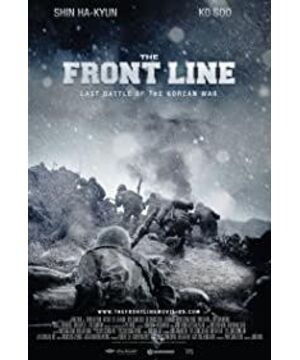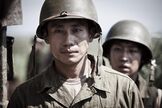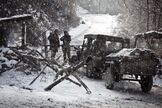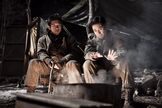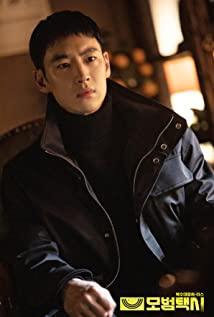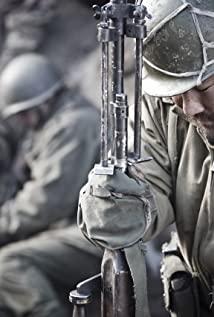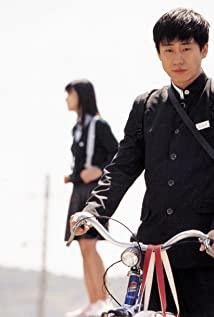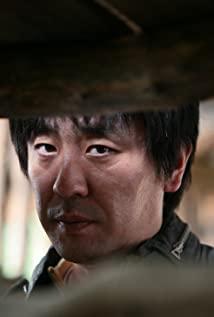This film, which was filmed in 2011, may not have felt good to me at the time, but today I will be surprised at the values conveyed in it, that the life of ordinary people is more important than the so-called grand value, which is naturally abandoned by many people today. , even contempt. I'd be surprised that this movie was submerged in so many (despite the high ratings) that we didn't cherish her much. Let’s take a look at the Wolf Warrior films we have made in recent years. It’s not that it’s bad to promote patriotism, but it’s that kind of level. I’m really sorry for our motherland, I’m sorry for our cultural traditions, I’m sorry for the film predecessors made in the past few decades. Countless good movies. Look at the lines inside: "You cowardly and inferior nations should be wiped out!" "That's the fucking past!" This kind of scene should have appeared in the era of "Huo Yuanjia" and "Chen Zhen" in the 1980s, when we have GDP In the second era of the world, we have become more confident, but there are still people who make up this kind of contradictory script. Aren't our movies going backwards? I thought I was full, and I was well-off, so I started to take it off and changed to cotton and linen clothes. Suddenly one day someone showed off in front of you wearing new synthetic fiber clothes, telling you that this is a good day and everyone is well His mouth. How sad, how ridiculous. Maybe this is the spiral of progress that materialism speaks of?
The most shocking part of "Highland War" is the final scene. After the signing of the armistice agreement, there are still 12 hours to take effect. Both sides demanded to seize positions within those 12 hours. Even Zhukov once said that no Red Army soldier wanted to die in the victorious year of 1945. The South Korean Defense Forces and the North Korean People's Army waited in the trenches on both sides for the final judgment of their fate. At this time, the fog was beginning to rise, and it was lonely all around. All the soldiers hoped that the fog would never cease and the horns would not sound. Some soldiers could not help sobbing. A burst of singing came from the opposite position. The KPA soldiers were also reluctant to die on the eve of peace. They stood in the thick fog, covered the mountains and plains, and sang songs from South Korea together (why the North Korean soldiers sang South Korean songs, there is a very wonderful explanation in the movie):
"Silent, cold dew falling. Tossing and turning, unable to sleep, always by my ear". This is one of the most beautiful lyrics I have ever heard.
The southern position began to sing. "The gunshots I heard, as a lullaby, ran to my hometown in my dreams. A mother held a bowl of water and prayed that her son would survive. Looking at her silvery white hair, I cried." .
Songs echoed over the devastated battlefield, as the thick fog dispersed. The veteran holds the recruit, the recruit holds the gun, and the commander looks into the distance. When the last trace of fog cleared, the plane flew over, and the guns fired in unison. Soldiers from both sides jumped out of the trenches.
I remembered a novel I read in college 30 years ago. I have forgotten who the author was. From the Kuomintang-Communist war to the reform and opening up, it depicts the history of soldiers and secret agents on both sides of the battlefield being changed by half a century. the subject. The deepest impression is that in the Battle of Lunan, the soldiers on both sides were often uncles and brothers. They held guns and greeted each other before inserting the bayonet into each other's chest, "Is our mother okay?" "Is it okay!". After reading these clips at the time, I thought that the author was too deductive, and it was unlikely that the battlefield would be so dramatic, but now I am surprised that such novels were allowed to be published back then. If you recall things like "Bright Sword" again, it's a very different kind of fun.
View more about The Front Line reviews


